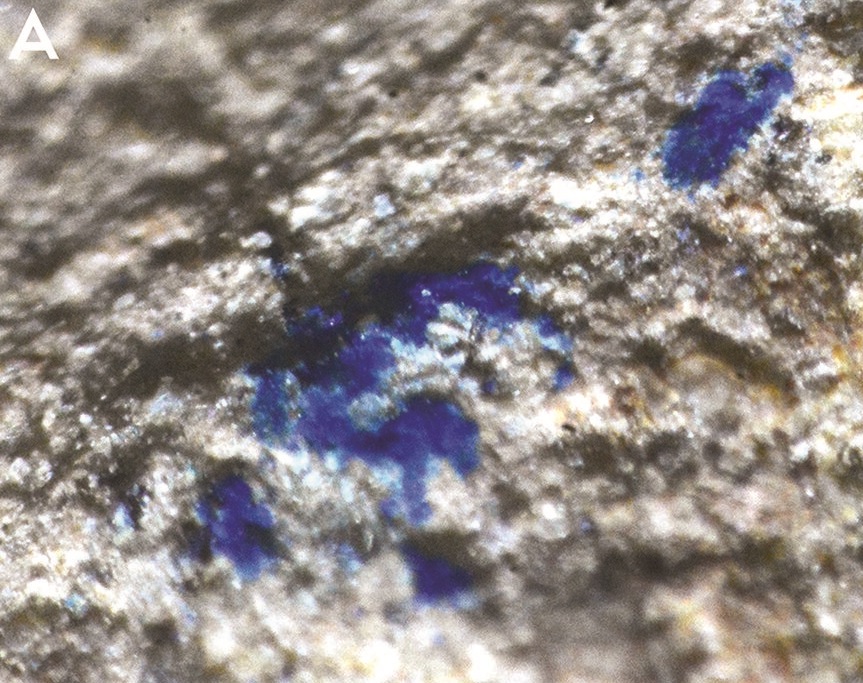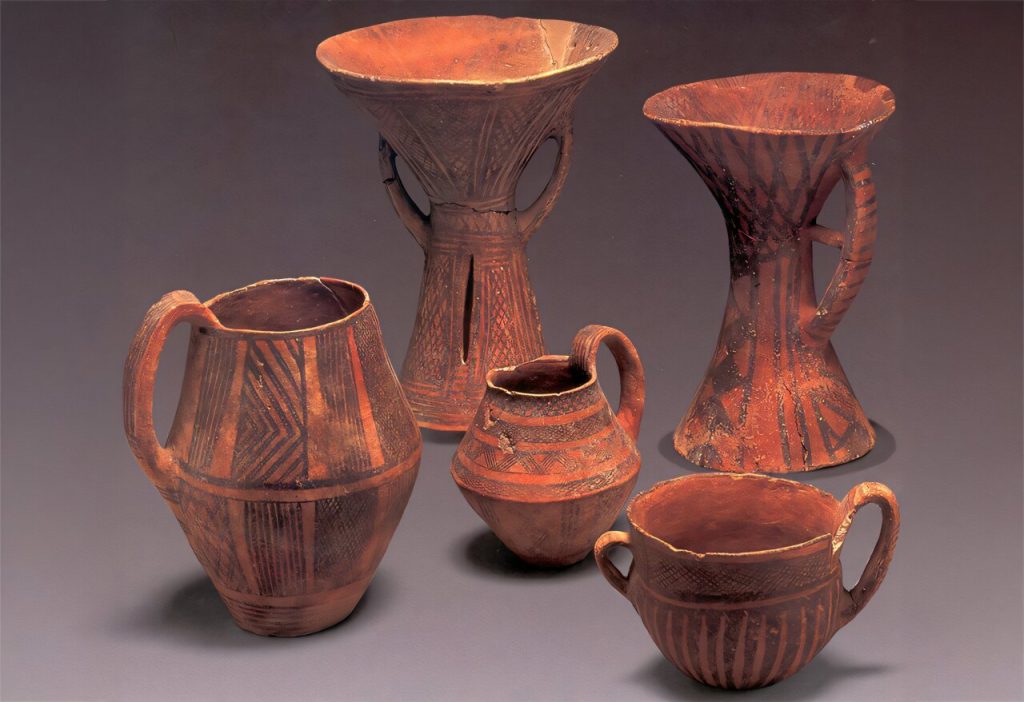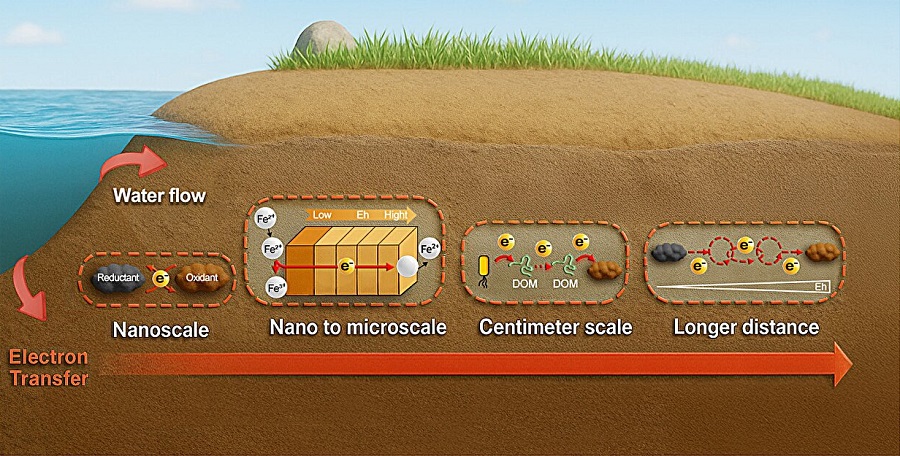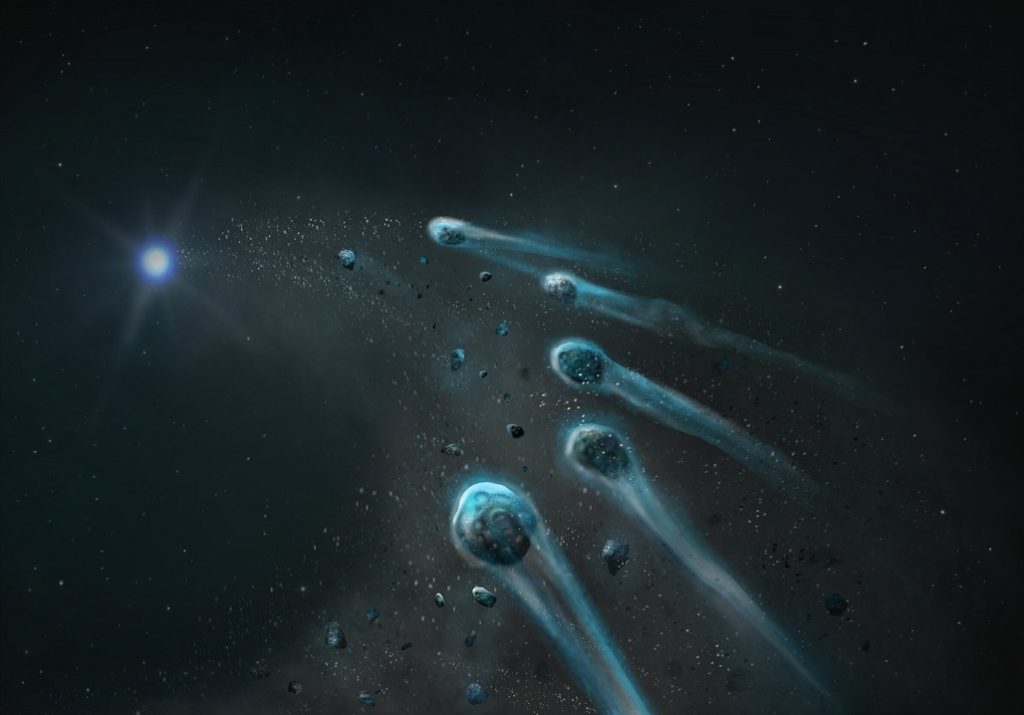Archaeologists in Germany have uncovered something that could change our understanding of early human creativity. At a site in Mühlheim-Dietesheim,...
Vous n'êtes pas connecté
- English
- Français
- عربي
- Español
- Deutsch
- Português
- русский язык
- Català
- Italiano
- Nederlands, Vlaams
- Norsk
- فارسی
- বাংলা
- اردو
- Azərbaycan dili
- Bahasa Indonesia
- Հայերեն
- Ελληνικά
- Bosanski jezik
- українська мова
- Íslenska
- Türkmen, Түркмен
- Türkçe
- Shqip
- Eesti keel
- magyar
- Қазақ тілі
- Kalaallisut ; kalaallit oqaasii
- Lietuvių kalba
- Latviešu valoda
- македонски јазик
- Монгол
- Bahasa Melayu ; بهاس ملايو
- ဗမာစာ
- Slovenščina
- тоҷикӣ ; toğikī ; تاجیکی
- ไทย
- O'zbek ; Ўзбек ; أۇزبېك
- Tiếng Việt
- ភាសាខ្មែរ
- རྫོང་ཁ
- Soomaaliga ; af Soomaali
 Maroc - KNOWRIDGE.COM - A La Une - 05/Oct 11:01
Maroc - KNOWRIDGE.COM - A La Une - 05/Oct 11:01
Scientists discover Europe’s oldest blue pigment in Germany
Archaeologists in Germany have uncovered something that could change our understanding of early human creativity. At a site in Mühlheim-Dietesheim, researchers found traces of a bright blue mineral pigment, azurite, on a stone tool that dates back roughly 13,000 years. This is the earliest evidence of blue pigment ever discovered in Europe, and it challenges […] The post Scientists discover Europe’s oldest blue pigment in Germany appeared first on Knowridge Science Report.
Articles similaires
Archaeologists Discover Europe’s Oldest Blue Paint, Dating Back 14,000 Years
Archaeologists in Germany have identified what they believe is Europe’s oldest blue paint, shedding new light on how late Stone Age communities may...
Scientists discover powerful new antibiotic to fight superbugs
Scientists at the University of Liverpool, together with international collaborators, have discovered a powerful new class of antibiotics that could...
42,000-Year-Old Shell Jewelry Workshop Discovered in France
Archaeologists have uncovered what is believed to be the oldest shell jewelry workshop in Europe at the Paleolithic site of La Roche-à-Pierrot in...
Archaeologists find earliest evidence of horses in ancient Sicily
For decades, historians believed horses did not reach Sicily until around the first millennium B.C. But new research has overturned that assumption,...
Archaeologists find earliest evidence of horses in ancient Sicily
For decades, historians believed horses did not reach Sicily until around the first millennium B.C. But new research has overturned that assumption,...
4,500-Year-Old Artifact Discovered in Ancient Troy Resets the City’s Timeline
Archaeologists excavating the ancient city of Troy (Greek: Τροία or Ἴλιον) have uncovered a remarkably preserved gold ring brooch and an...
Scientists discover tool that could detect geological events before they strike
Natural...
Scientists discover hidden electron highways beneath the Earth
Beneath the ground, a hidden electrical world powers the chemistry that shapes ecosystems, controls water quality, and determines the fate of...
Astronomers discover icy alien world being eaten by a dying star
Astronomers have discovered the remains of an icy, water-rich world being swallowed by a white dwarf star outside our solar system. The finding...
Les derniers communiqués
-
Evergreen Elevate Heads to Australia to Empower MSPs with Valuable Strategies and Insights on Better M&A Practices
Evergreen Elevate - 29/07/2025




